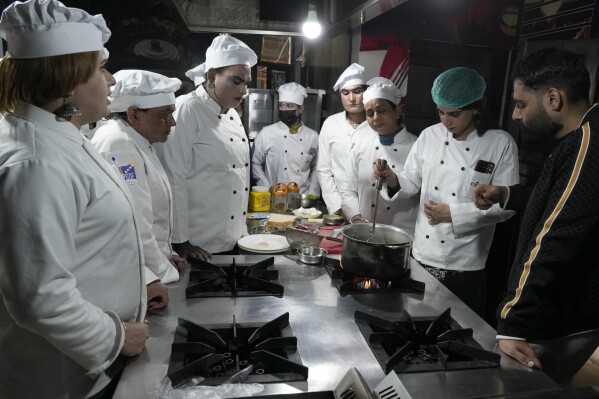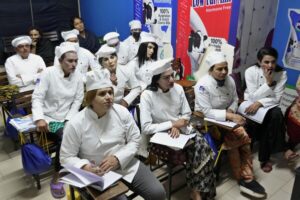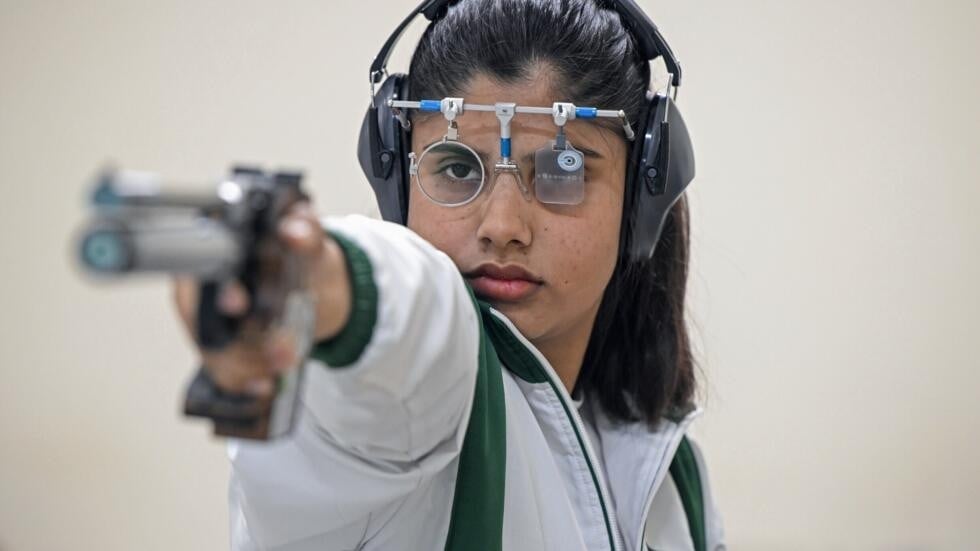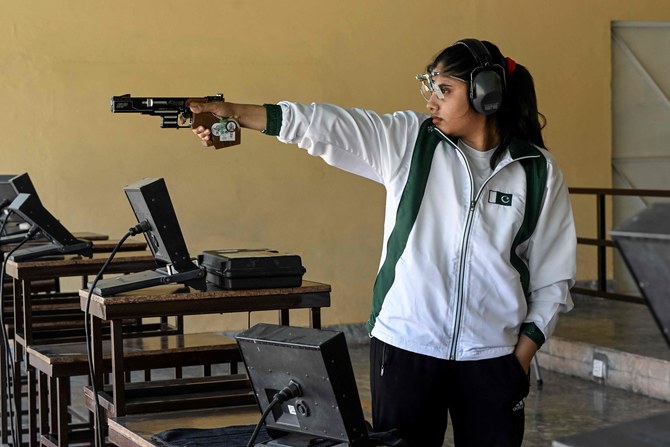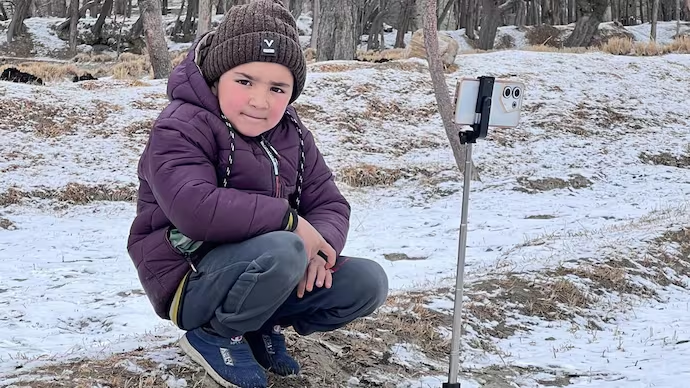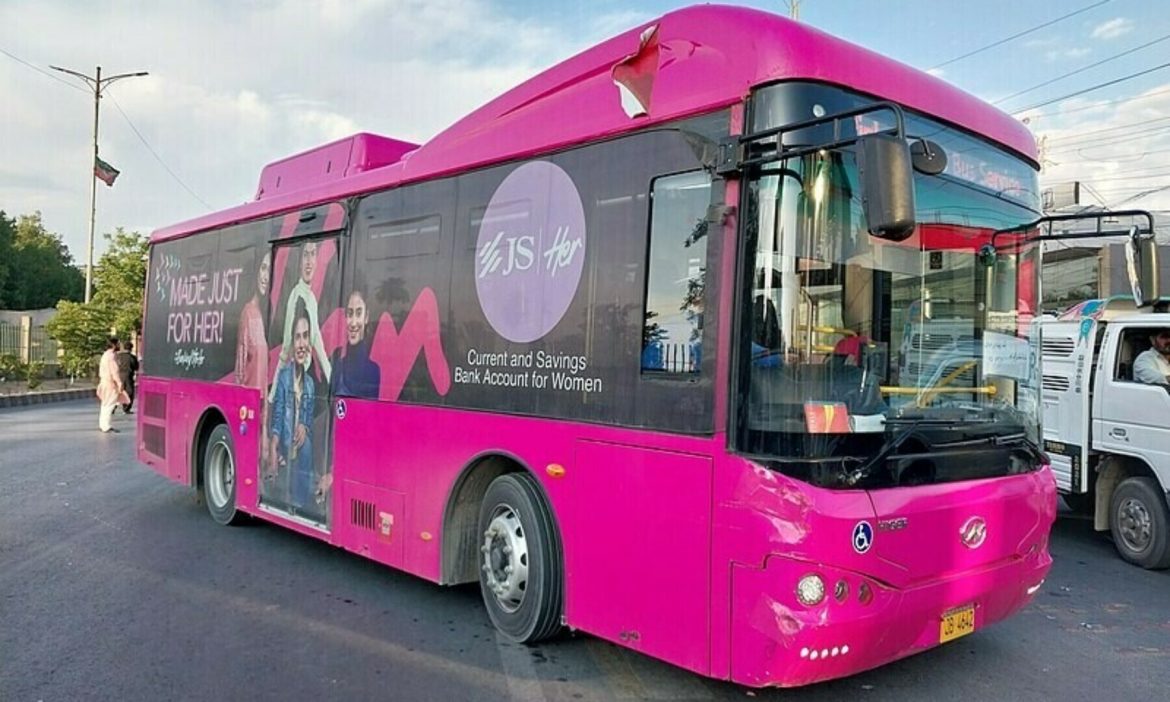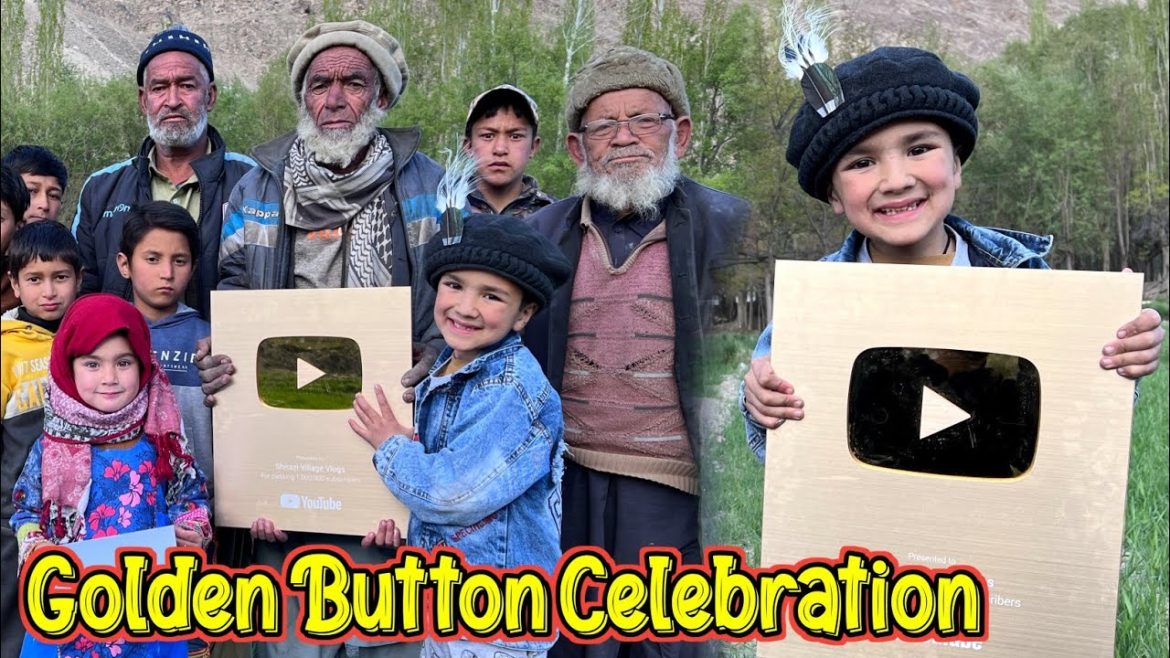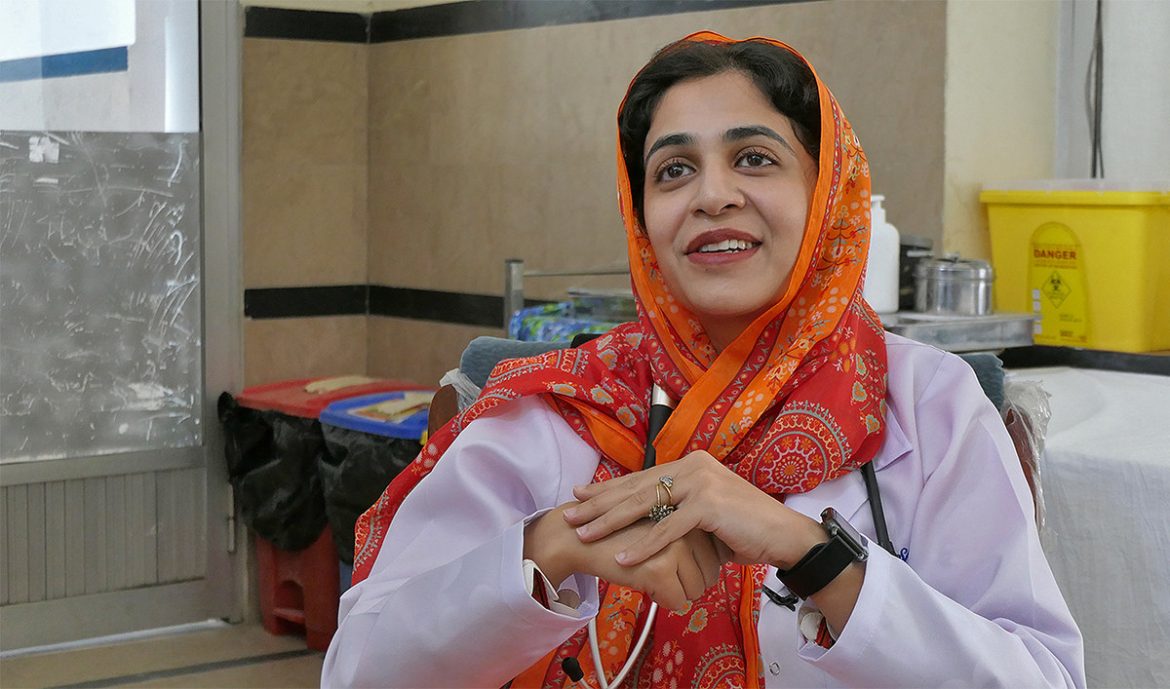- Labor day in Pakistan is celebrated just to pay tribute to workers’ rights but forgets to acknowledge the forgotten efforts and hardships of women belonging to every industry.
- Pakistani women continue to face problems in wage disparities, legal protection and social barriers.
- At international level though there is improvement, but Pakistan needs to enforce reforms and cultural changes to recognize women’s contribution to the workforce.
Labor Day — More Than Just a Holiday
May 1st, marks the celebration of labor day but it is much beyond than just a holiday to be celebrated. It is a time to remember the rights of the workers and a salute to the hands that construct nations. In Pakistan, though, this day also puts the spotlight on as tory oftentimes relegated to the background — women’s efforts and struggles in the workplace.
Although, Pakistan has taken some measurable steps with legislation concerning labor like Equal Remuneration Act which addresses wage gaps and maternity leave provisions in a number of provincial acts but the enforcement seems patchy at the moment.
This can be seen in the informal economy where women continue to work without a decent pay, security of job or having an access to elementary rights like maternity protection. Labor day is not just a day to remember but it is an appeal to action.
Pakistani Women and Labor Day: Voices Across Sectors
For Pakistani women, labor day has an exceptional meaning, in a way that whether they are the ones sewing clothes in a factory in Karachi, juggling spreadsheets at a corporate firm in Lahore, working on the fields in the rural Punjab or toiling as a domestic worker in city homes, each ones efforts boost the economy of the country.
But their labor is often devalued or overlooked. More than 70% of the working women in the underground economy are employed, but legal safeguards do not exist. Gender biasness in wages, hazardous working conditions and cultural norms restrict women to work in acceptable roles which further adds to their struggles. For women like these, labor day is not merely symbolic but it is a reminder of the struggle for dignity, fairness and recognition.
A Global Reflection: How Women Celebrate Labor Day
From a global perspective, labor day is seen as a celebration by women in context to equality, marches being organized and advocating progressive reforms. In countries like Sweden and Canada, there are powerful labor unions that advocate gender equality, family leave and occupational safety.
In other countries, women take this day as a means to raise attention about struggles that prevail — from pay inequity in the United States to the garment workers’ rights in Bangladesh. These global movements show what can be achieved through women’s voices when heard and when there is a demand to change the system.
Conclusion: Redefining Labor Day Through a Gendered Lens
It is about time for Pakistan to rethink about labor day as merely not as a day to celebrate labor but under the lens of examining whose labor is worthy. A proper tribute to this day calls for change in policy, transformation of culture and all of us to acknowledge women’s contributions to the society as irreplaceable— both to the formal economy and the unseen, unpaid care work that keeps homes and communities running.
Pakistan can only look forward only if it looks through a gender perspective where each worker either a man or a woman is heard, seen and valued.
Stay tuned to WOW360.

